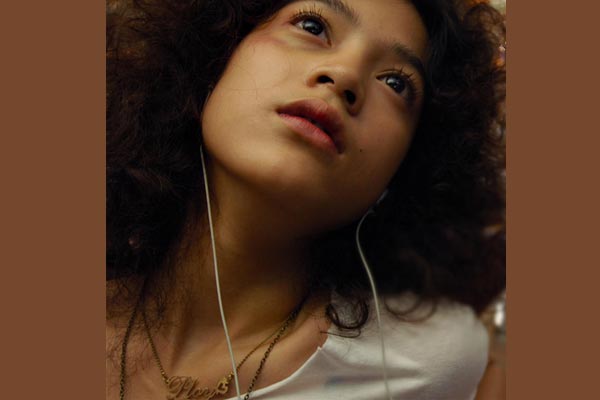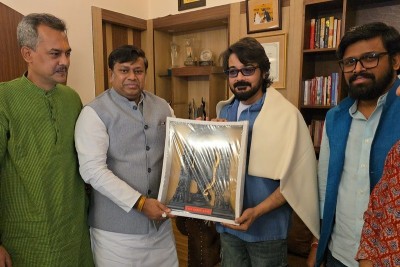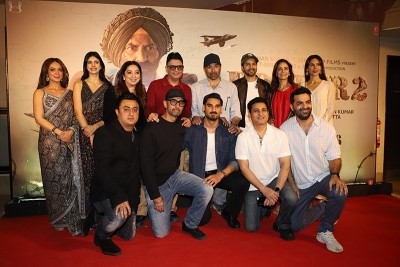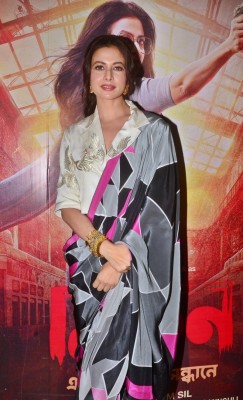
The Cinema of Thailand – Focus on Pen-ek Ratanaruang
Tokyo, Nov 16 (IBNS): Few of us know whether cinema even exists in Thailand. But it does and the tribute this year, being paid to the “Titan of Thailand Cinema” namely, Pen-ek Ratanaruang through a retrospective of six of his films bears evidence that he is certainly a microcosm of what the cinema of Thailand represents and reflects.
Pen-ek is known as Thailand’s finest commercial filmmaker; his films have taken him into the ranks of the most consistently innovative filmmakers working anywhere in the world. Strange, funny, tender, and subtly devastating of which Last Life is considered to be a masterpiece.
The cinema of Thailand dates back to the early days of filmmaking, when King Chulalongkorn's 1897 visit to Bern, Switzerland was recorded by Francois-Henri Lavancy-Clarke. The film was then brought to Bangkok, where it was exhibited. This sparked more interest in film by the Thai Royal Family and local businessmen, who brought in filmmaking equipment and started to exhibit foreign films. By the 1920s, a local film industry was started and in the 1930s, the Thai film industry had its first "golden age", with a number of studios producing films.
The first all-Thai feature was Chok Sorng Chan (Double Luck), produced by the Wasuwat brothers' Bangkok Film Company in 1927 and directed by Manit Wasuwat. The same year, another film company, Tai Phapphayon Thai Company, produced Mai Khit Loei (Unexpected).
With the New Wave that began in 1997, directors achieving commercial and artistic success, a new crop of filmmakers has grown up outside the traditional and often restrictive Thai studio system to create experimental short films and features.
The six films by Ratanaruang are – Samui Song, Fun Bar Karaoke, Transistor Love Story, Ploy, Nymph and 69. Ratanaruang began his career as an academician for eight years at New York though his roots lie in Bangkok. He began his career in films through television commercials much the way our own Rituparno Ghosh did before he ventured into feature film making. His debut feature, Fun Bar Karaoke was, in his opinion, inspired by some elements of the Japanese Yakuza Films and was premiered at the Berlinale. He says, “Filmmakers just make films that they can make, the audience decides what kind of filmmakers they are. You can try to be more commercial or more art-house, but in the end you are YOU.”
He goes on to add that the major influence in his films has been that of Japanese cinema and his two best films, names, Last Life in Universe and Invisible Waves have Japanese protagonists. Bollywood cinema has been part of his growing years in the 1970s when these were major sources of entertainment in Thailand. But he also sites Jana Aranya and Shatranj Ke Khilari has some of the most significant films that went on to shape his idea of cinema and cinema making. He is currently involved in the second part of his first full-length documentary called Paradoxocracy (2013) set against the political unrest in Thailand at the time. His Headshot( 2011) is a Buddhist noir film that revolves around the ideal of karma.
(Reporting by Shoma A. Chatterji)
Support Our Journalism
We cannot do without you.. your contribution supports unbiased journalism
IBNS is not driven by any ism- not wokeism, not racism, not skewed secularism, not hyper right-wing or left liberal ideals, nor by any hardline religious beliefs or hyper nationalism. We want to serve you good old objective news, as they are. We do not judge or preach. We let people decide for themselves. We only try to present factual and well-sourced news.







